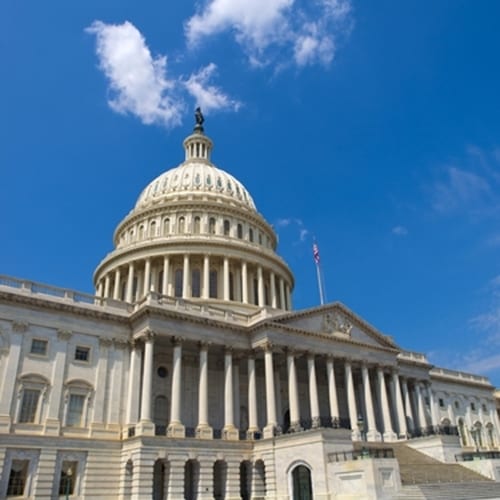Since the BP oil spill in 2010, there have been many changes made to the offshore drilling industry to prevent another similar accident from happening again. Even now, nearly three years later, regulations continue to be made by the federal government to improve the safety of this industry.
An article in the Hill said that new rules were issued this week by the Interior Department, expanding and strengthening the safety requirements for offshore oil workers.
"Offshore oil and gas safety starts with a robust positive safety culture, and [Interior's Bureau of Safety and Environmental Enforcement]'s workplace safety rules are designed to promote that culture by eliminating complacency and making sure that companies are looking at the human factors that underlie too many accidents," James Watson, director of the BSEE, said in a statement.
The new rules will allow workers to decline work if they believe it's too dangerous "without fear of reprisal." All industry workers are now authorized to stop work immediately if they see a dangerous practice. There are also new standards for reporting activities that are unsafe.
These are added to already-tough standards that were put in place by Outgoing Interior Secretary Ken Salazar. He also said to the news source that these new regulations will "stand the test of time," and he is encouraging Congress to legalize these new rules.
Even if these are not passed, however, Salazar said to the news source that he expects future lawmakers to do so. Still, these new regulations point to a need for offshore drilling professionals to invest in strong safety measures and offshore oilfield insurance to protect workers and businesses from both accidents and legal repercussions.

